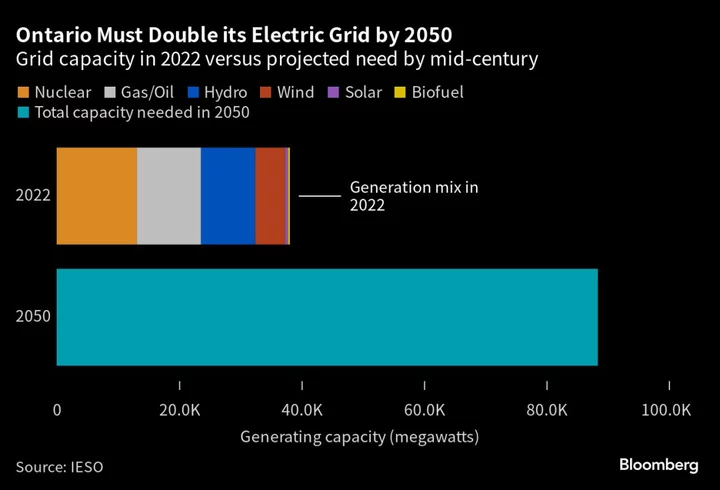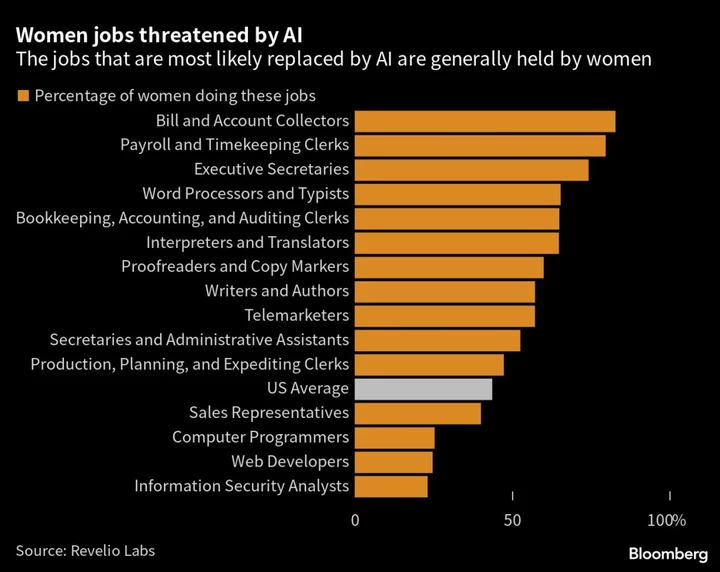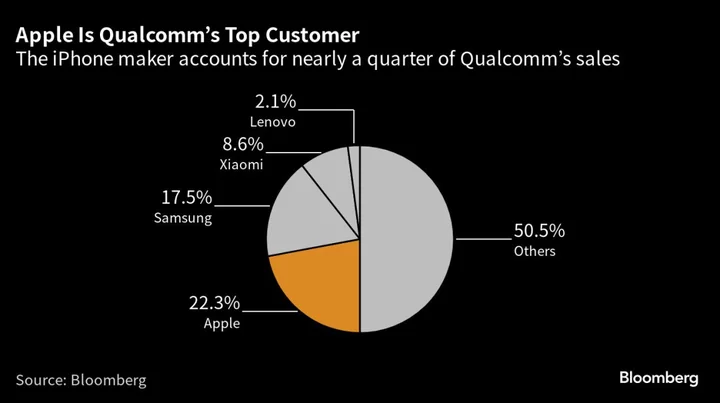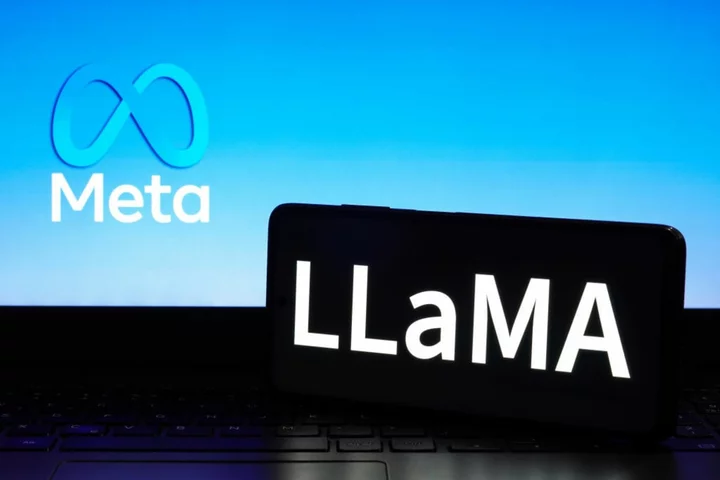
Canada Turns to Nuclear Power After 30-Year Pause to Meet Demand Surge
Nuclear energy is gaining significant momentum in Ontario, with new plans to expand an existing plant to become
2023-07-31 22:29

Andrew Tate's controversial Quran photo triggers fierce backlash from Islamic community: 'This guy is literally mocking Muslims'
Andrew Tate's photo sparked conversations about cultural appropriation, religious sensitivity, and influencers' responsibility toward public
2023-06-17 13:29

Bitcoin falls 7.2% to $26,634
Bitcoin dropped 7.2% to $26,634 at 21:45 GMT on Thursday, losing $2,067 from its previous close. Bitcoin, the
2023-08-18 06:28

Get two beginner-friendly 4K drones for $109.97
TL;DR: As of September 23, you can get two beginner-friendly 4K camera drones for just
2023-09-23 17:54

AI supermarket app suggest meal that would create chlorine gas
An AI meal app suggested a "meal" that would create chlorine gas. The New Zealand app, created by supermarket chain Pak ‘n’ Save, was advertised as a way for customers to creatively use leftovers during the cost of living crisis. Users enter the ingredients they have in their homes and the app generates recipes. But New Zealand political commentator Liam Hehir noticed it made “aromatic water mix” when he put in ingredients that would create chlorine gas. The bot recommended the recipe as “the perfect nonalcoholic beverage to quench your thirst and refresh your senses”. “Serve chilled and enjoy the refreshing fragrance,” it said, despite the fact that inhaling chlorine gas can cause lung damage or death. Sign up to our free Indy100 weekly newsletter This was not the only dodgy recipe the app came up with. Posting on social media, others weighed in with grim recipes they had found, including "bleach-infused rice surprise" and "mysterious meat stew" made with human flesh. A spokesperson for the supermarket said they were disappointed to see “a small minority have tried to use the tool inappropriately and not for its intended purpose”. In a statement, they said that the supermarket would “keep fine tuning our controls” of the bot to ensure it was safe and useful, and noted that the bot has terms and conditions stating that users should be over 18. In a warning notice appended to the meal-planner, it warns that the recipes “are not reviewed by a human being” and that the company does not guarantee “that any recipe will be a complete or balanced meal, or suitable for consumption”. “You must use your own judgement before relying on or making any recipe produced by Savey Meal-bot,” it said. Sounds like it... Have your say in our news democracy. Click the upvote icon at the top of the page to help raise this article through the indy100 rankings.
2023-08-10 20:16

AI-Threatened Jobs Are Mostly Held by Women, Study Shows
While artificial intelligence is seeding upheaval across the workforce, from screenwriters to financial advisors, the technology will disproportionately
2023-05-27 00:51

Moldova media guide
An overview of the media in Moldova, as well as links to broadcasters and newspapers.
2023-05-22 19:18

Instagram is adding music to photo carousels, just like TikTok
Instagram is adding music to photo carousels, so now you can set the mood when
2023-08-11 18:55

Apple Renews Qualcomm Deal in Sign Its Own Modem Chip Isn’t Ready
Apple Inc. is extending an agreement to get modem semiconductors from Qualcomm Inc. for three more years, a
2023-09-11 22:16

REGENESIS’ PlumeStop Technology Finalist in Prestigious Fast Company Awards
SAN CLEMENTE, Calif.--(BUSINESS WIRE)--Aug 23, 2023--
2023-08-23 23:58

How to Kick Your Kids Off the Wi-Fi and Take Control of Your Internet
Were you one of those kids who secretly stayed up late, watching TV or reading
2023-05-18 23:23

micromobility.com Inc. Announces First Quarter 2023 Financial Results
NEW YORK--(BUSINESS WIRE)--May 22, 2023--
2023-05-23 05:26
You Might Like...

Ice Cube's response to Elon Musk's meme about him has Internet saying he 'roasted him hard'

Llama 2: What to know about Meta's ChatGPT competitor

‘Little baby’ Elon Musk had meltdown on Tesla earnings call, analyst claims

SoftBank’s Arm Seeks to Raise Up to $4.87 Billion in Anticipated IPO

Bumble Bets on Platonic Relationships With Standalone Friendship App

Web Summit CEO resigns after recent comments on Israeli conflict

How to use a Visa gift card on Amazon

Fortnite Merch Black Friday 2023 Deals
